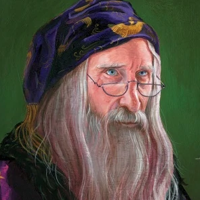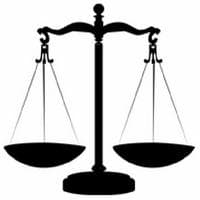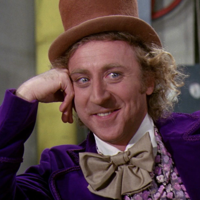Albus Dumbledore typ osobowości MBTI
Osobowość
"Jaki typ osobowości jest {profilename}? {profilename} jest typem osobowości {mbti} w mbti, {enneagram} - {iv} - {tritype} w enneagram, {big5} w Big 5, {sociionics} in Socionics."
Note: To avoid confusion with informations elements and cognitive functions, I will refer to information elements in the same way as WSS. I originally believed that Dumbledore was either an IEI or an EIE. Harry Potter is in generally a very pro-Delta and anti-Beta type series. However, this does not mean that the series cannot show Beta types in a positive light or Delta types in a negative type. Consider his past, Dumbledore struck me as a beta type who had learned the evils of F values. I no longer think that’s the case. While Dumbledore falls for the temptation of power in his use, it is not for the sake of power alone. Instead, I think he was convinced by a Beta type (likely EIE) that gaining power was the most pragmatic way to achieve his goal. This fits both with the P6 and F3. (P)ragmatism is valued for its own sake, but (F)orce is socially trained to achieve his true values (fitting the role function). I haven’t exactly said what those values are. It’s tied to his sister and his resentment of her. She was (to no fault of her own) held him back from going out and reaching his potential. (I)deas is the element motivating Dumbledore’s resentment. This makes it a good chance of being the program function (so I1), and is a theme seen more with Delta than Alphas (so IEE not ILE). We continue to see signs of IEE throughout the series. He constantly influences (E)motions (E8), but never at the expense (R)elations (R2). I also believe he’s the first character to see that Voldermort’s problem is that a relational one (he doesn’t understand love). I think another example of P6 is seen with the curse on his hand. He knew that the ring was likely cursed, but he triggered it anyways because he had to know. The series touches on the idea of fate vs free will. One may loosely label the belief of fate as being value associated with (T)ime, and the belief in free will as related to (I)deas. That Dumbledore leans towards the side of free will doesn’t tell imply he’s not a T valuing type though. IEI’s can believe in free will. I think generally though, due to both T1 and F6, IEI’s struggle against a belief in fate, or believes fate and free will are compatible. Dumbledore isn’t just completely dismissive of fate, he’s dismissive of fate in relation to an actual prophecy that he knows took place. Arguable proof fate directly in front of him, but Dumbledore still argues that it was ultimately completely up to Voldermort’s and Harry’s actual choices. The closest he comes to implying that it is inevitable is to revert back to character evaluations (R2). Harry will try to kill Voldermort because of who he is, and Voldermort will try to kill Herry because of who he is. Alongside this small element of R2, I think this scene reinforces I1, and indicates (T)ime is in the ignoring function (T7).
Biografia
Professor Albus Percival Wulfric Brian Dumbledore (Late August 1881 - June 30th, 1997) was an English half-blood wizard who was known as the Headmaster of Hogwarts School of Witchcraft and Wizardry. Dumbledore was known for his scholarly and compassionate nature, nevertheless he played crucial roles against the powerful dark wizards in his time: Gellert Grindelwald and Lord Voldemort. Dumbledore was considered to be the greatest wizards in the modern era, perhaps of all time. He was also offered the position as the Minister for Magic of Great Britain, but he opted to stay as Headmaster.
Osobowość correlate
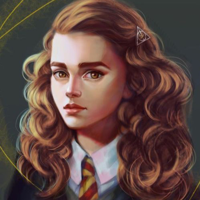
Hermione Granger
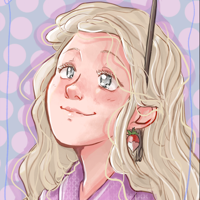
Luna Lovegood

Harry Potter

Sirius "Padfoot" Black
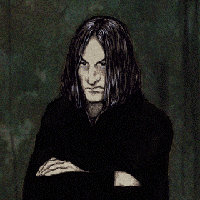
Severus Snape
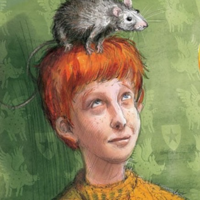
Ronald "Ron" Weasley

Ginevra "Ginny" Weasley
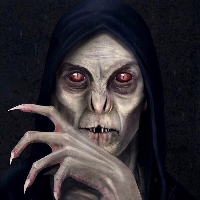
Lord Voldemort
